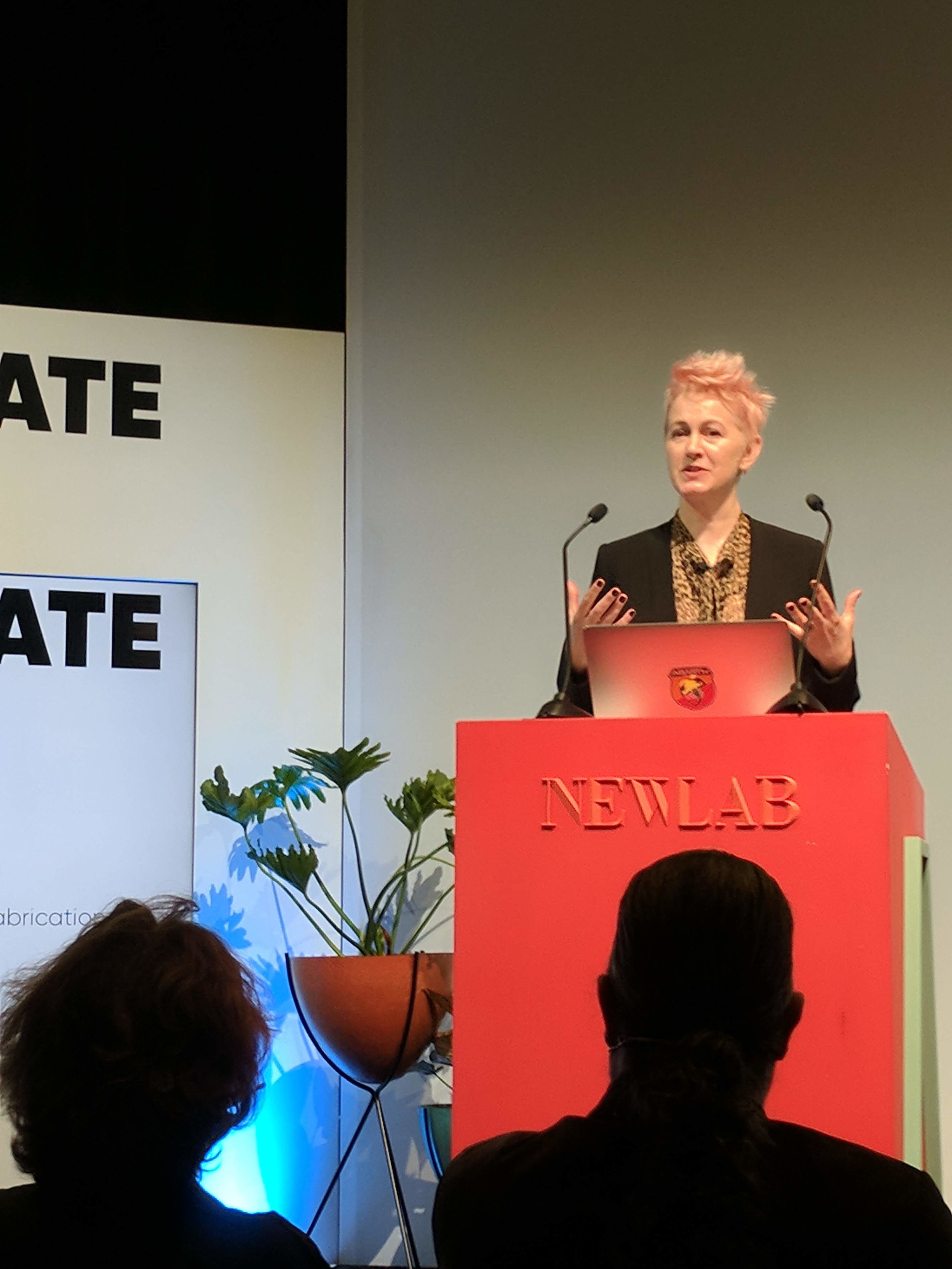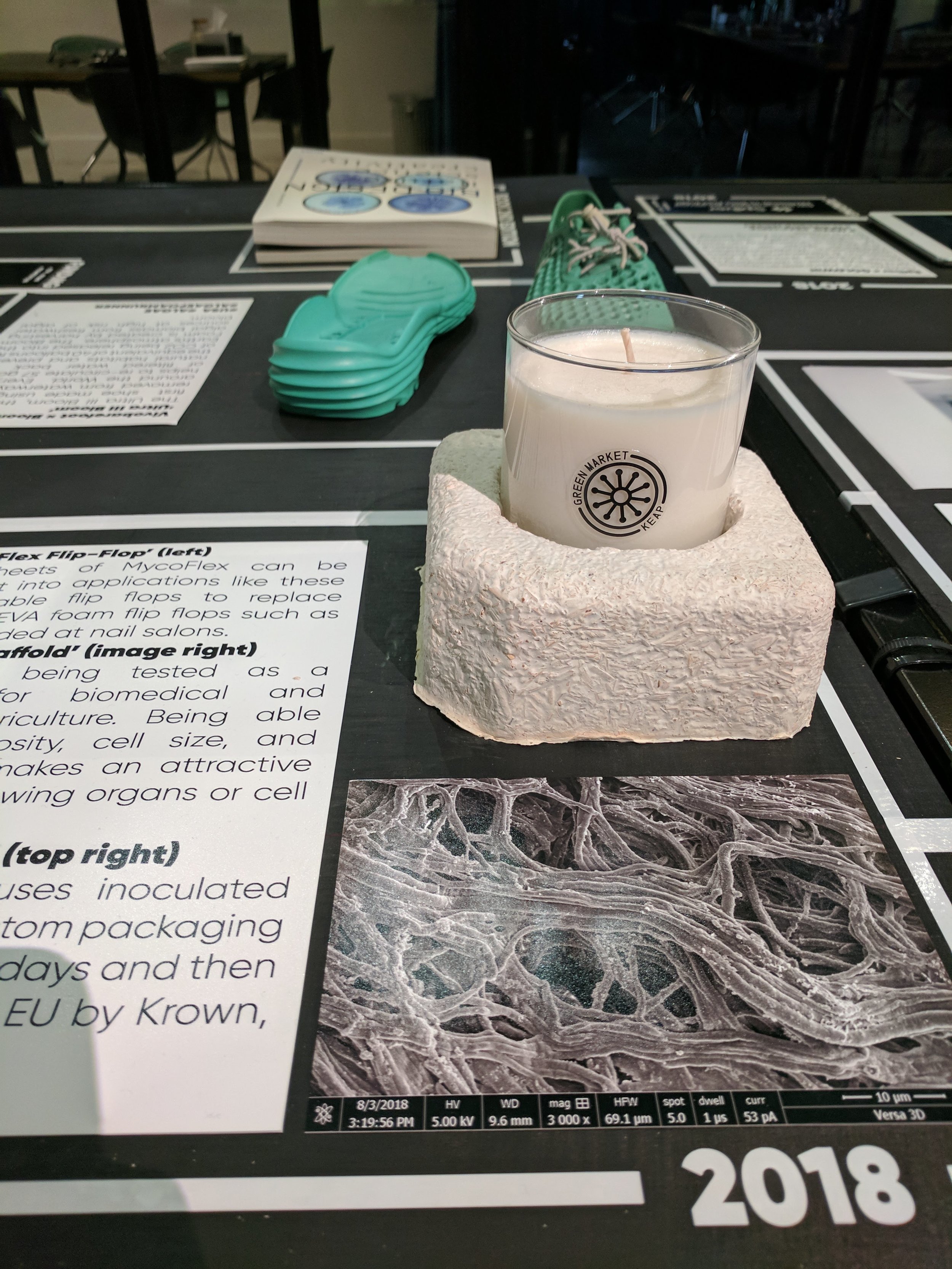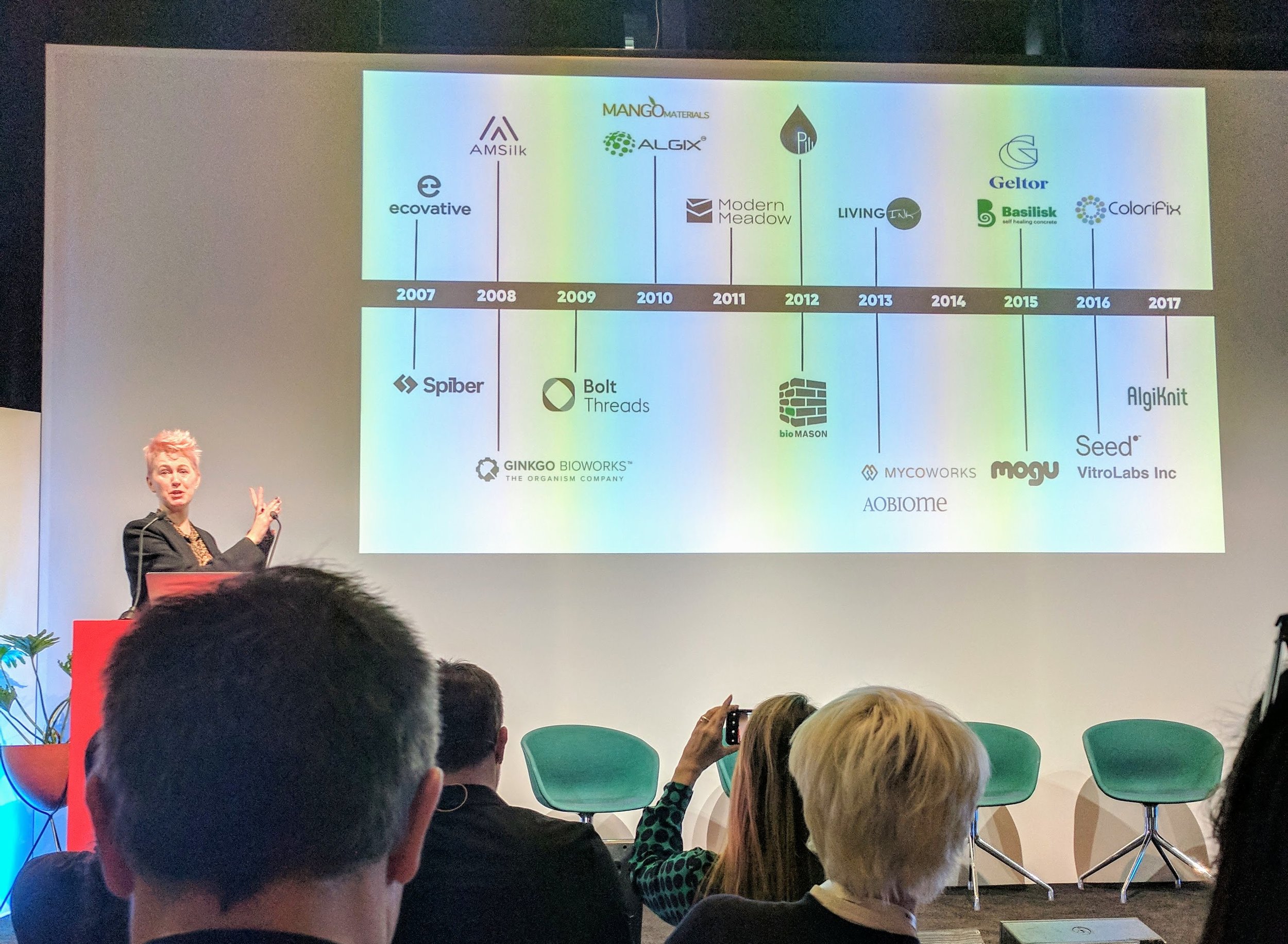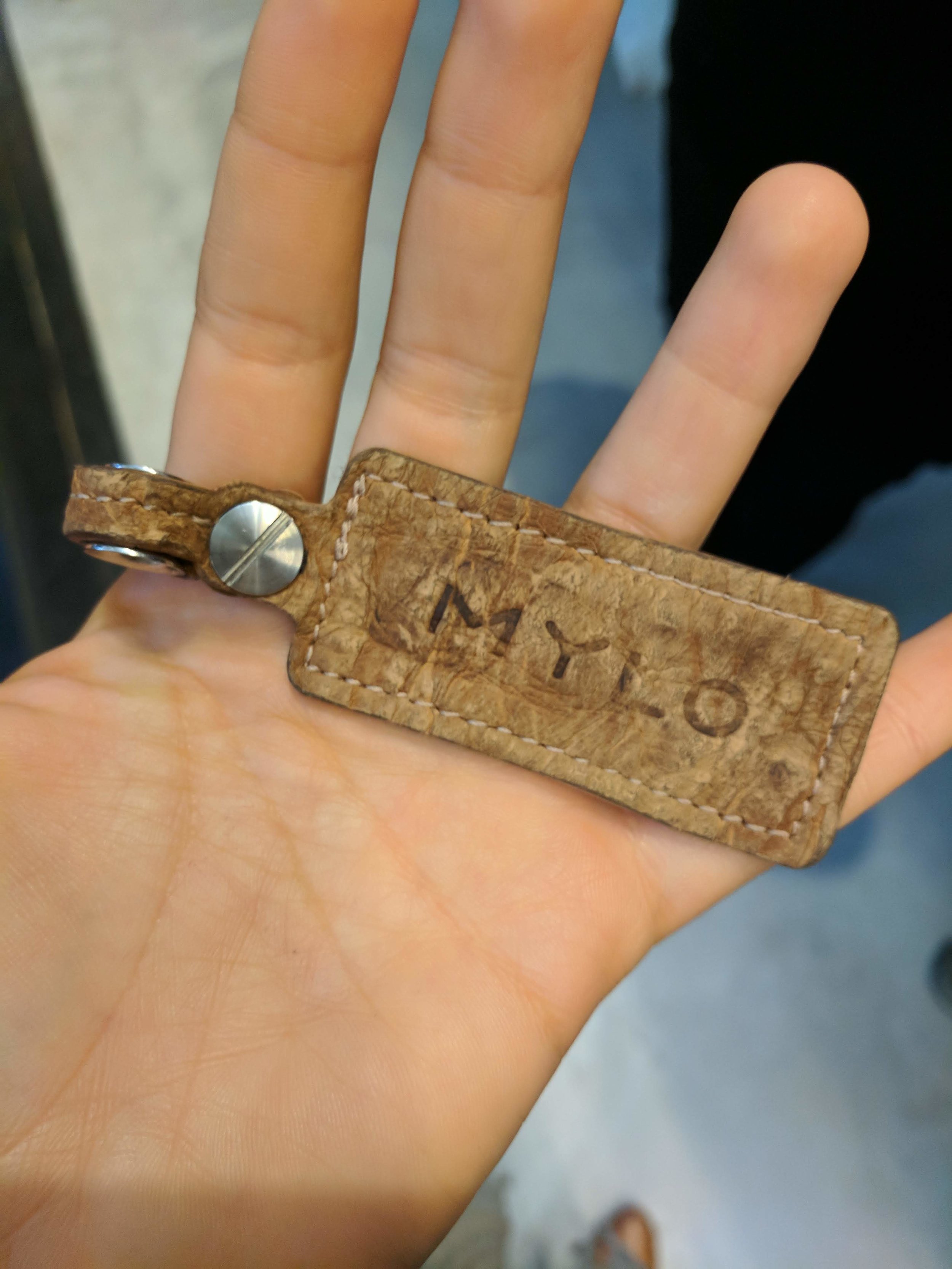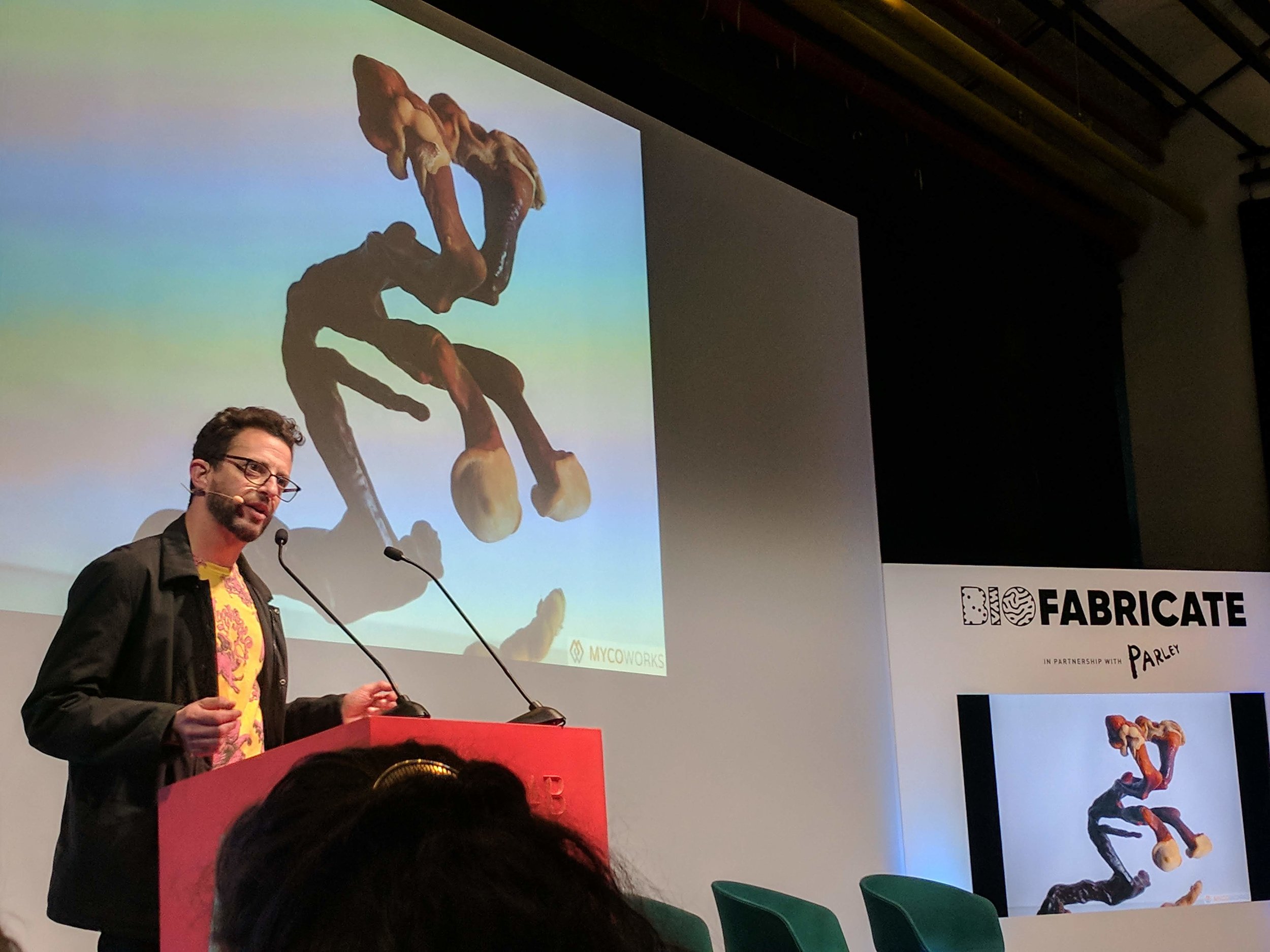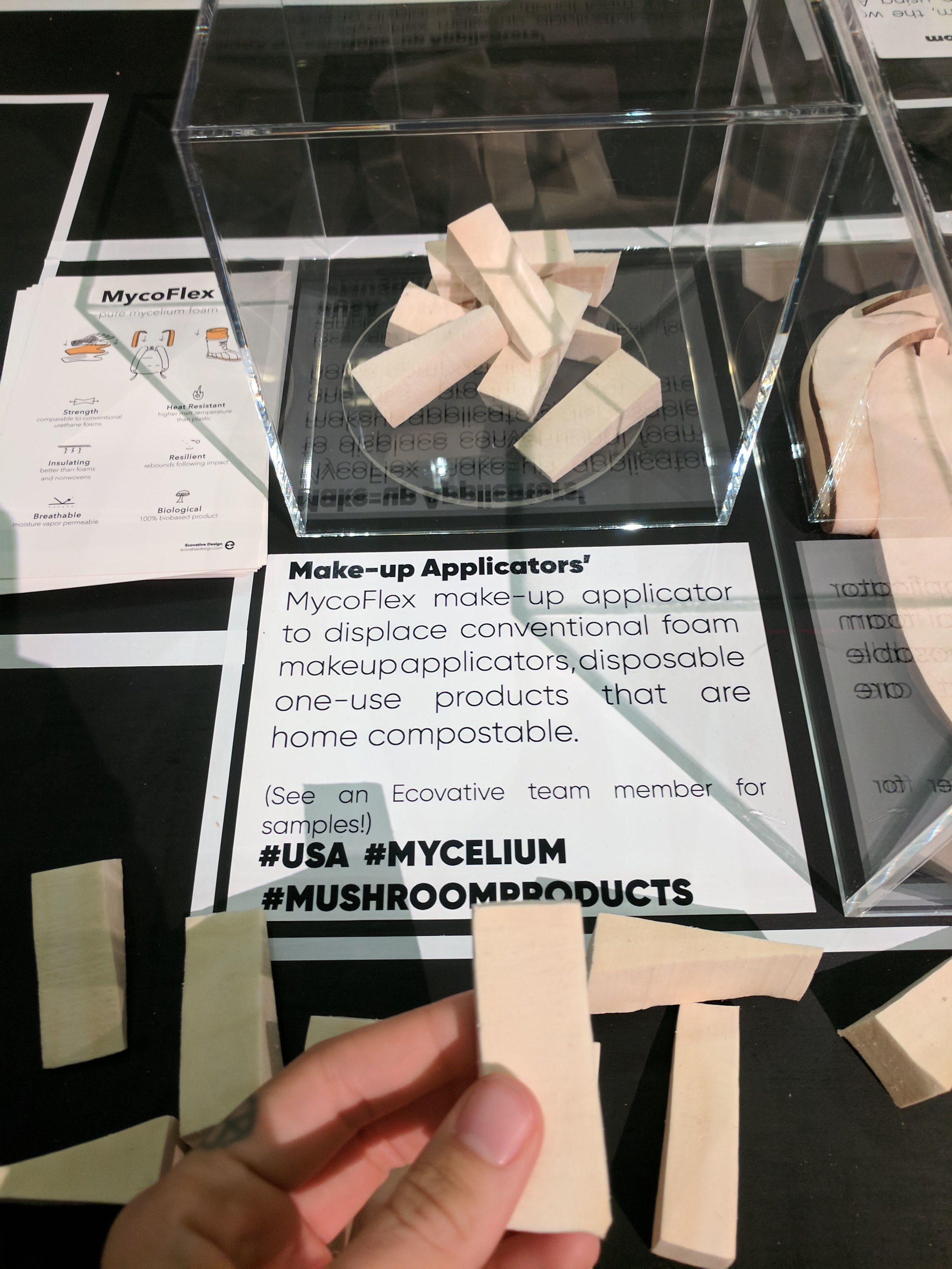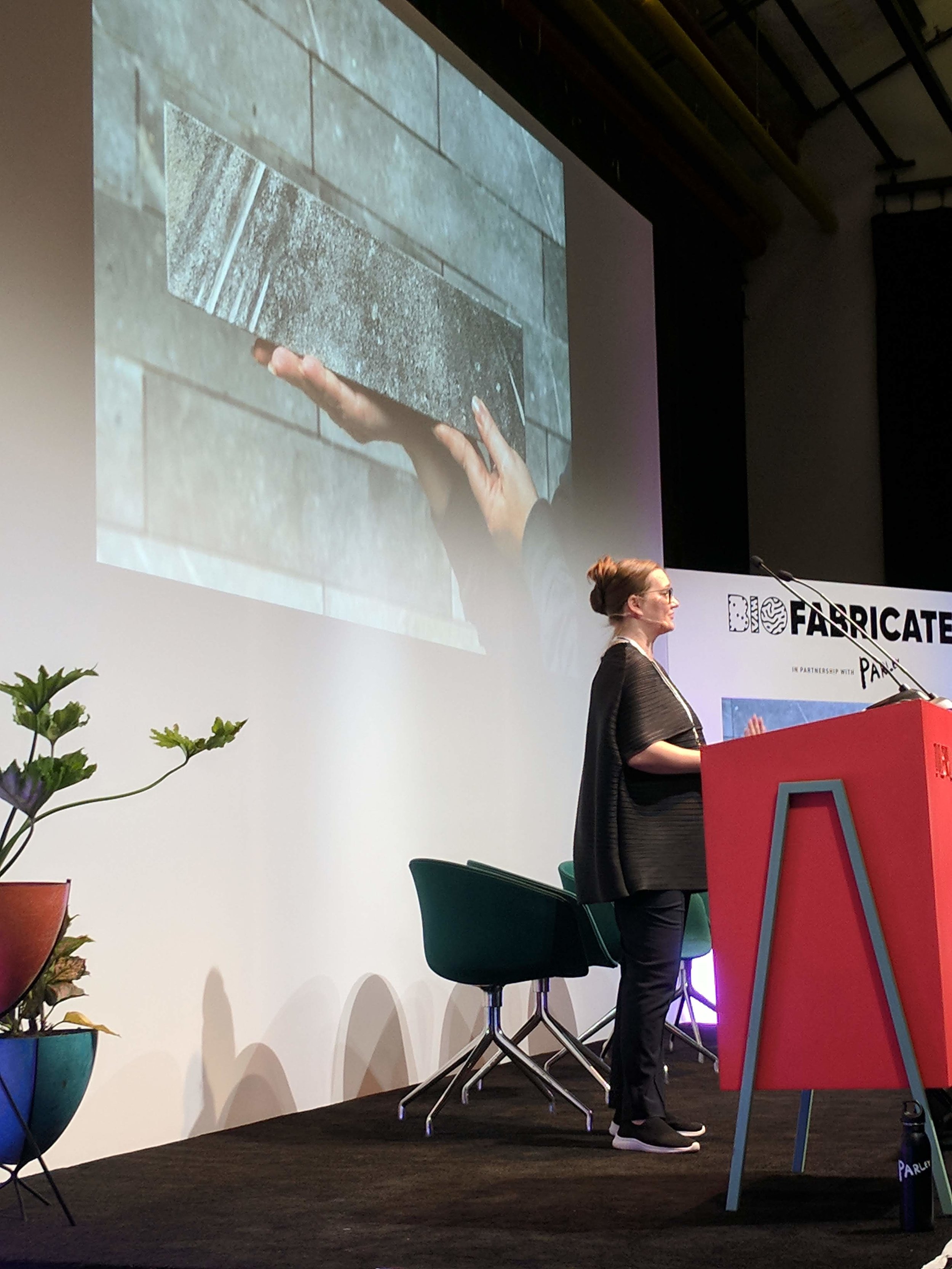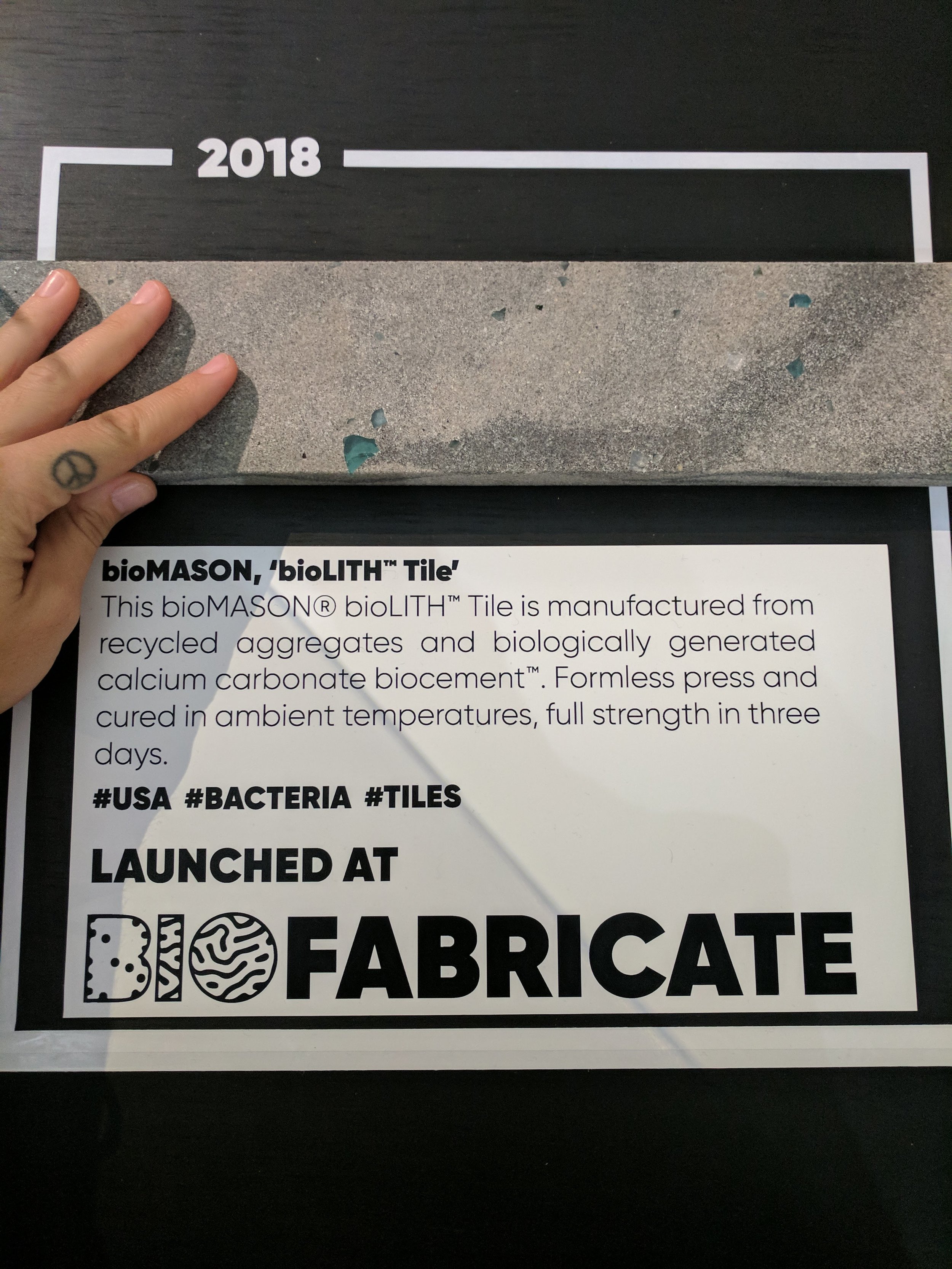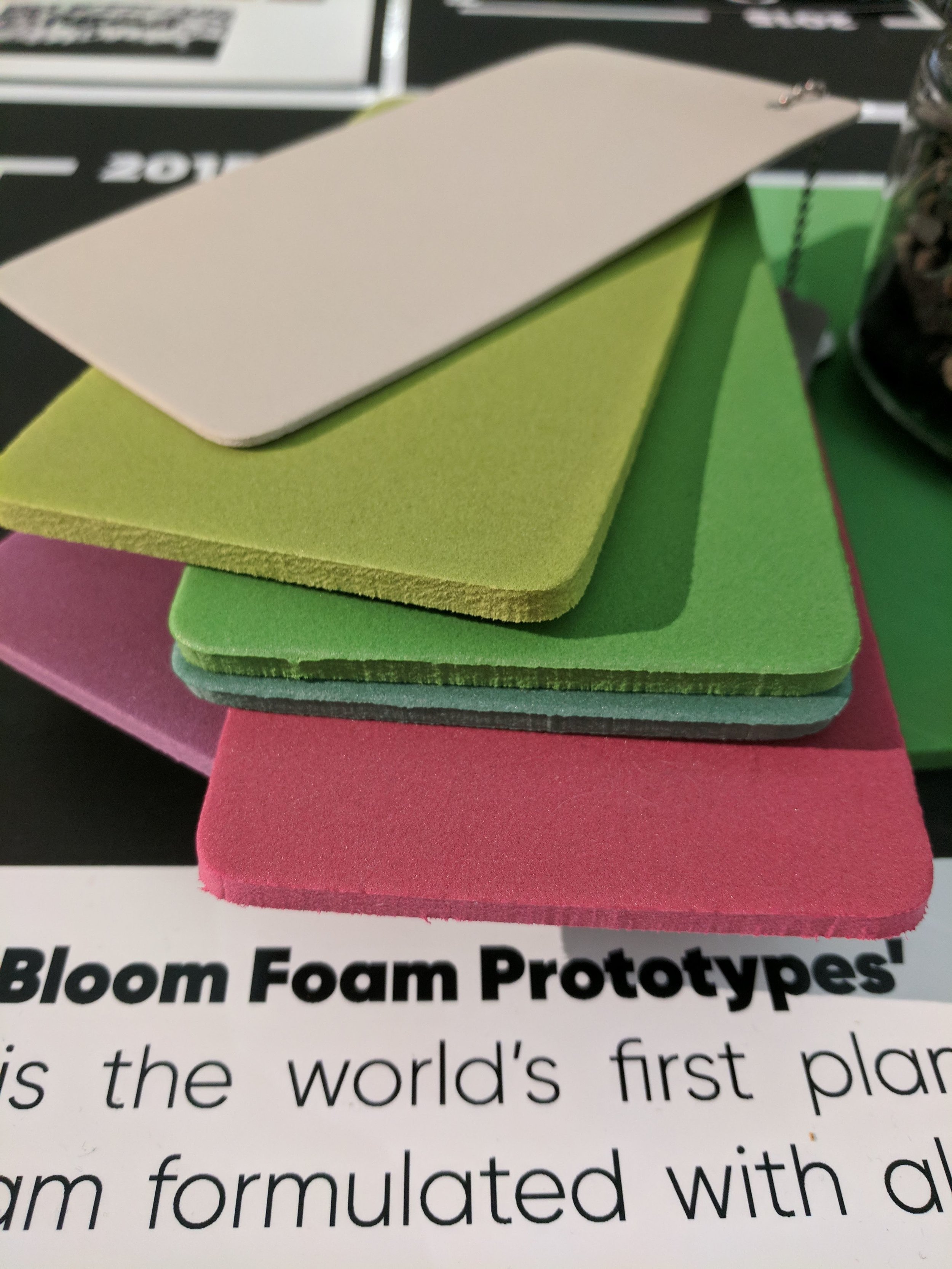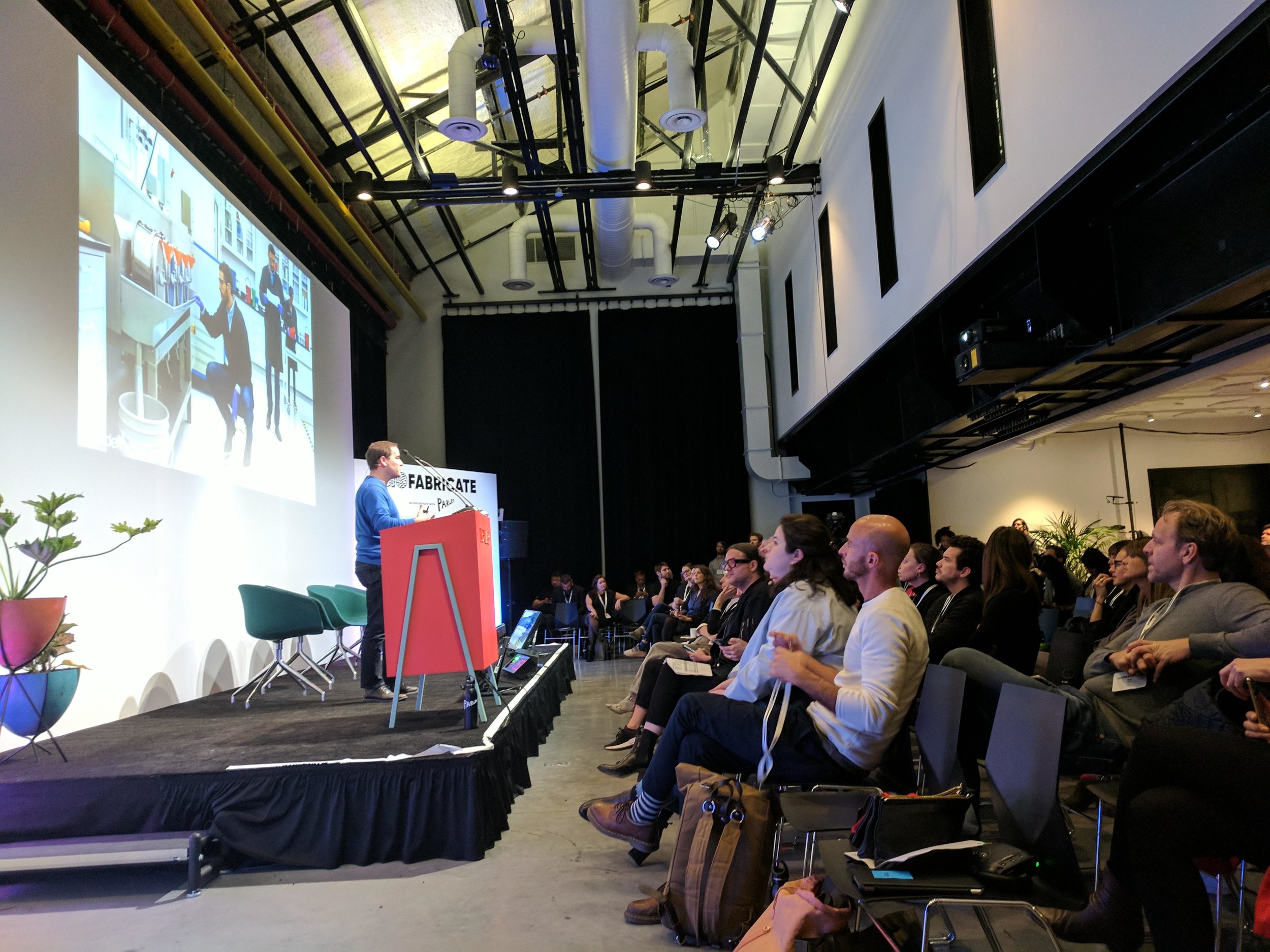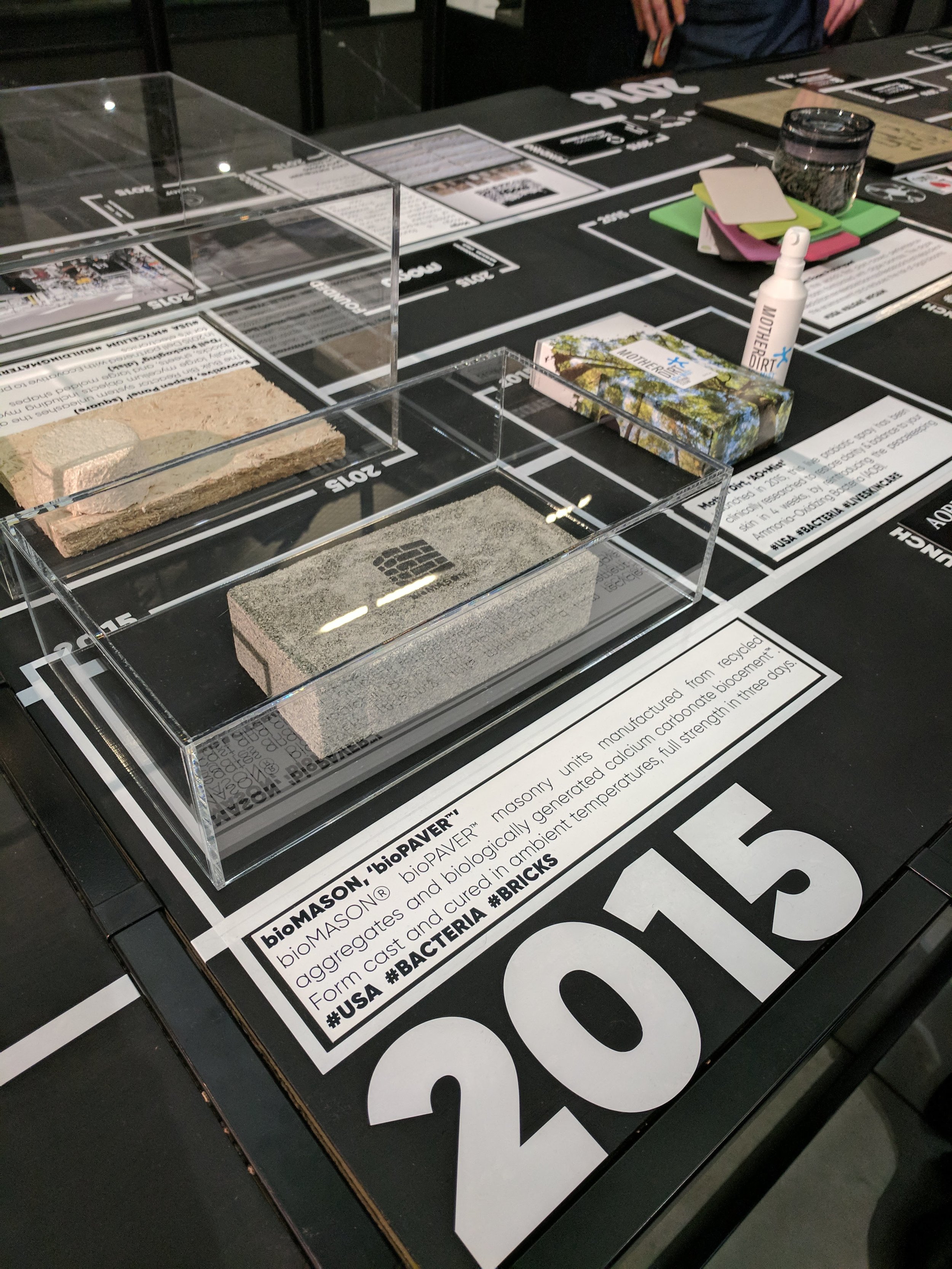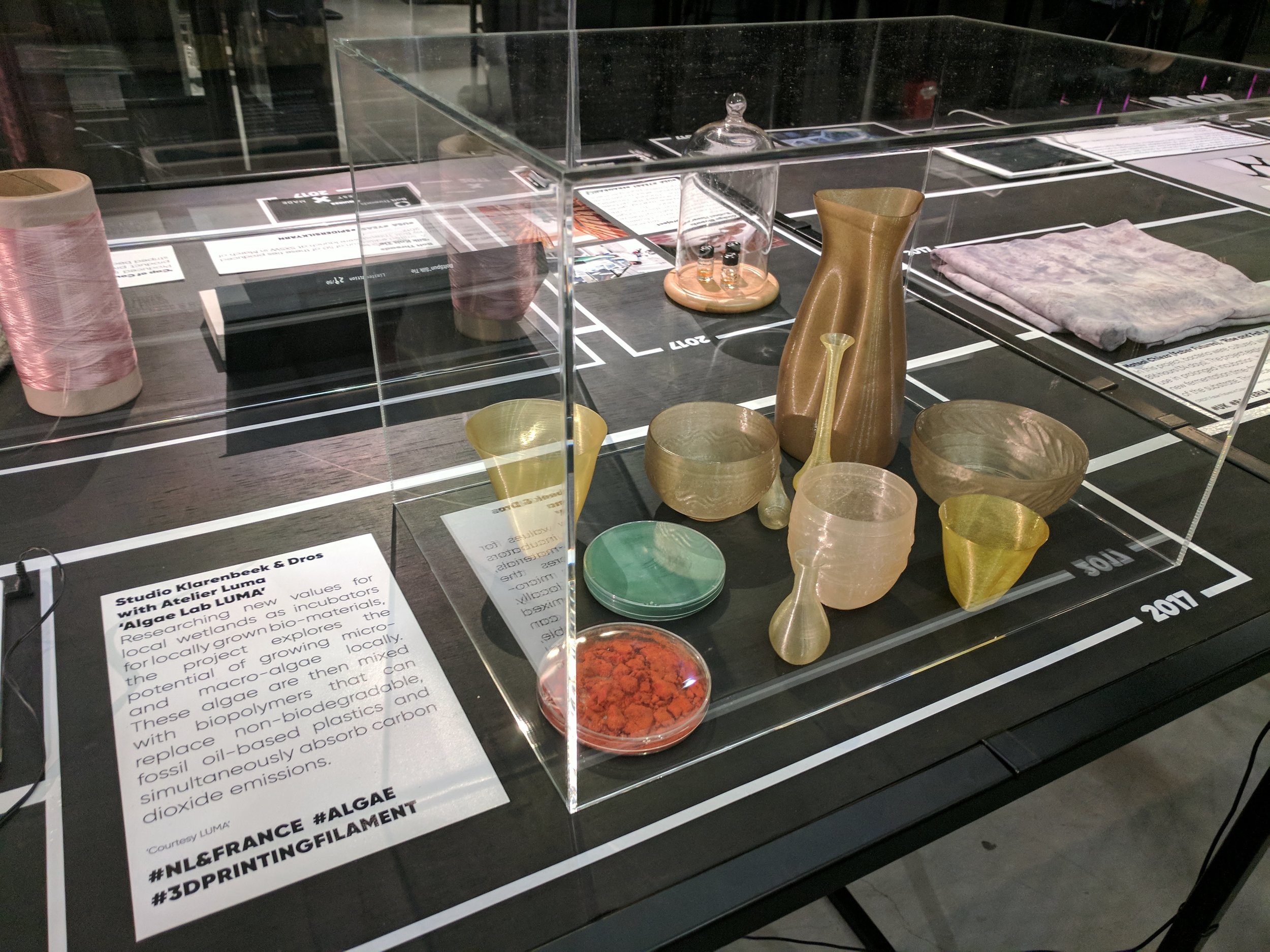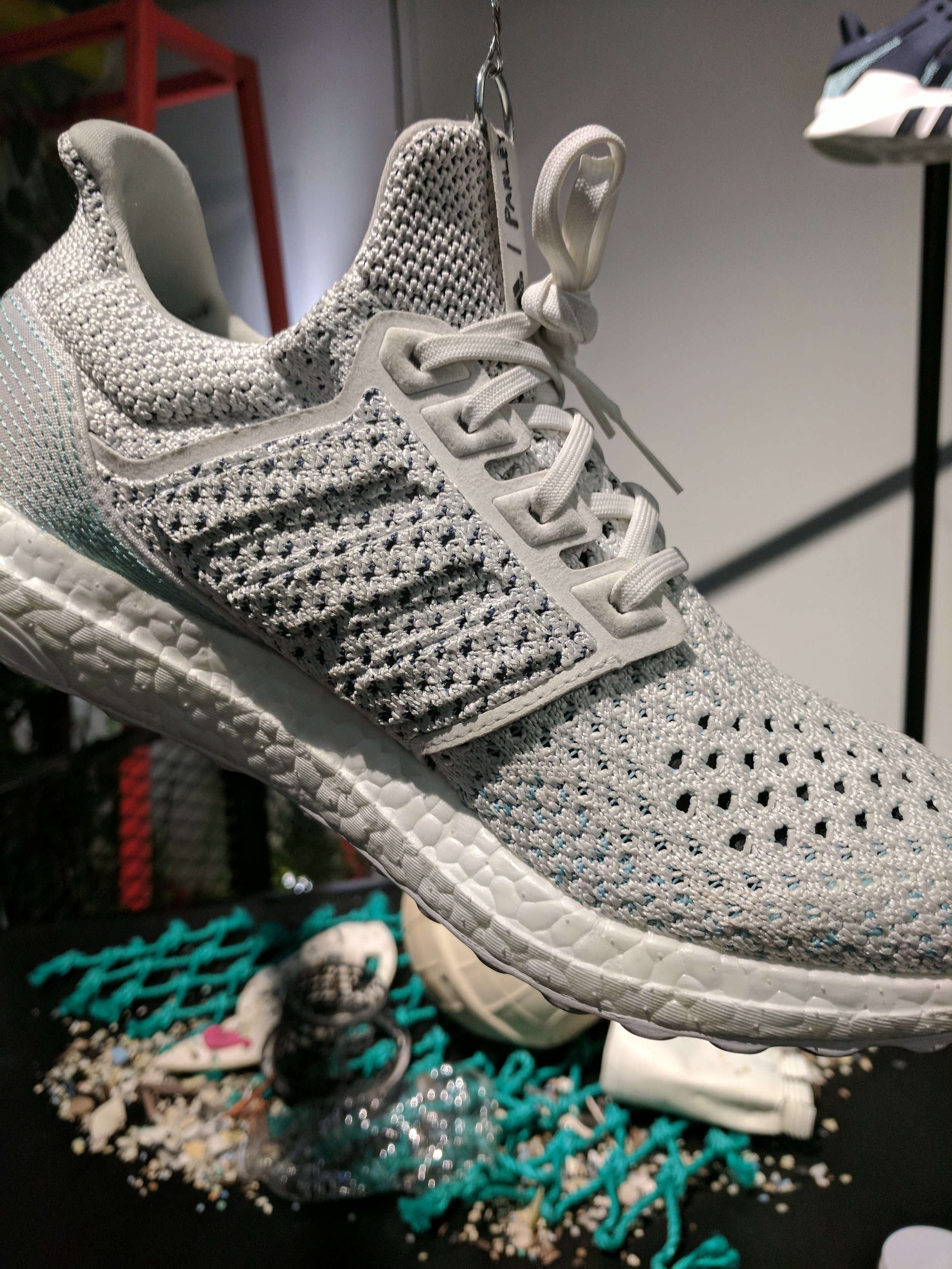Environmentalists Must Be Futurists – Notes from Biofabricate 2018
On December 13th, the fifth annual summit on grown materials in Brooklyn’s New Lab reminded us all that the future is now. Founded by Suzanne Lee, Biofabricate has brought together the global community of biodesigners, entrepreneurs, biologists, and thinkers for discussions and presentations on the new strides in biotechnology and the material revolution.
The day was broken into four sections: The Last 5 Years, Personal Care + Well-being, Bringing Products to Market, and Looking Forward: The Next 5 Years.
Keynote speakers included Cyrill Gutsch of Parley for the Oceans; Jeff Beegle, CSO of Mobius Adital Ela; CEO of Criaterra, Aaron Nesser; CEO of AlgiKnit, Dan Grushkin; Executive Director of Biodesign Challenge and Eben Bayer; CEO of Ecovative Design.
Why do founders like these take a leap of faith to create something in a way that we haven’t created before? Because our culture is addicted to destructive, poorly designed systems and biodesigners are driven to create a livable future. Parley for the Oceans, as the event partner, centered the day around the dire need for biodesigners. Currently, with the ocean as an indicator, it is clear that we need to create solutions quickly. Captain Paul Watson, co-founder of Greenpeace and inspiration for Parley for the Oceans explained that, “the ocean is dying…[when] the ocean dies, we all die.”
Cyrill Gutsch, founder of Parley, said that, “2030 is the year that everything collapses,” giving us a 12-year deadline to boost innovation and get new materials into the supply chain.
The entrance to NewLab exhibited a 50-foot table with an 18-year timeline of biomaterial progress, highlighting the companies that were in attendance, with the last five years showing the largest spurt of growth. Most companies were material manufacturers but AO Biome, Mother Dirt, and other wellness companies represented the consumer’s changing attitude towards bacteria. Jasmina Aganovic, CEO of Mother Dirt, explained that the bacteria found in dirt were responsible for keeping our human microbiome healthy. “We no longer engage with the outdoors and we have over-cleansed and over-sanitized,” she said, emphasizing that that is what her products put back in balance. Companies like these, exploring the human microbiome for consumers, are creating more space for biology in the world of products, hopefully allowing for exponential growth in the field. As Phil Ross, founder of MycoWorks said, “The invisible has a real force in your life.” The more we learn about our single-celled friends, the more we can learn to live in symbiosis on multiple levels.
One pain point that was shared by many companies during panel discussions and coffee breaks was the impatience of brands for fully sustainable and fully developed, scalable, materials — immediately. But, even Lycra, created from petrochemicals in 1958, wasn’t integrated into most of our clothing for 40 years. The high demand from brands is indicative of high demand from consumers, which is encouraging news. However, material companies need more capital to work as fast as the market demands.
Aaron Neser, CEO of Algiknit, explained the counterintuitive timelines of products today. For example, the lifespan of a plastic bag may be 20 minutes, but the material it is made from lasts thousands of years. Algiknit is working to create a fiber that matches the lifespan of products with the use of kelp, one of the fastest growing organisms on the planet.
With a 12-year deadline, what else can we do? Investors can support bioMASON, a self-healing concrete manufacturer using bacteria that excretes limestone. Consumers and buying directors can ask wine companies and furniture companies to pack shipments with mycelium foam from Ecovative instead of Styrofoam. And everyone can avoid plastic and “let old products go,” as Cyrill said.
So, I ask all of you to use your human genius to create and live within new systems of thinking. Collaborate with people you never thought you would collaborate with and keep asking questions. Cyrill Gutsch closed the day with this insight:
”Environmentalists need to be futurists because the future is now. We are in the sixth mass extinction event. We need the next big idea. We cannot build on this nightmare…We need to say that we want to go to a place where everything is great. We have to dream of a magic future vision. We created a lot; we damaged the planet in a very short period of time…”
And now we need to fix it.

